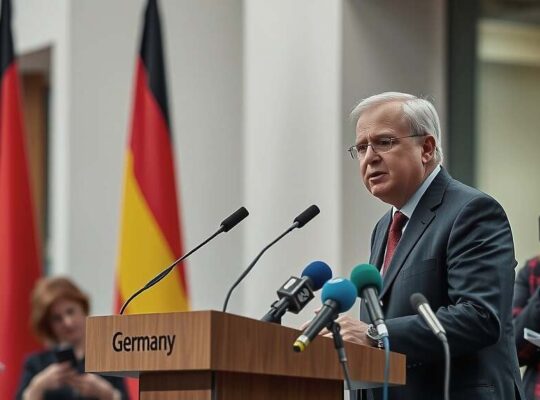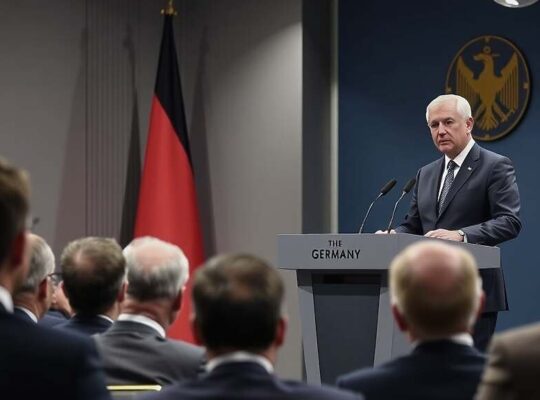Discussions surrounding the recently agreed coalition treaty have centered on planned adjustments to funding for women facing difficult pregnancies. Concerns have been raised that these changes could imply a softening of regulations regarding abortion.
Elisabeth Winkelmeier-Becker, a legal policy representative for the Christian Democratic Union (CDU), has refuted these interpretations. She emphasized that the agreement explicitly states the intention to maintain Paragraph 218 of the German legal code unchanged and to “provide the best possible protection for unborn life”. Winkelmeier-Becker stated that proposed enhancements to cost coverage, often provided as a social benefit funded by taxpayer money, should not be construed as anything more than a refinement of existing support systems, primarily managed through health insurance providers. Any future improvements, she clarified, would build upon the current framework.
The debate stems from proposals within the coalition treaty to expand statutory health insurance coverage for women in pregnancy conflicts, going beyond current regulations. However, health insurance providers are legally prohibited from covering abortions performed under the “counseling rule” which, while decriminalized, remain legally ambiguous. Frauke Brosius-Gersdorf, a candidate for Germany’s Constitutional Court, argued on ZDF television that the coalition agreement implicitly acknowledges the legality of abortion in the early stages.
Winkelmeier-Becker countered this interpretation, suggesting a potential adjustment to income thresholds for financial support for those in need as an alternative. She further proposed a greater responsibility for the partners of pregnant women, stating that she believes costs should be borne by these partners, as a significant number of men appear to leave women to navigate these situations alone – both in terms of decision-making and financial burden related to possible terminations.












